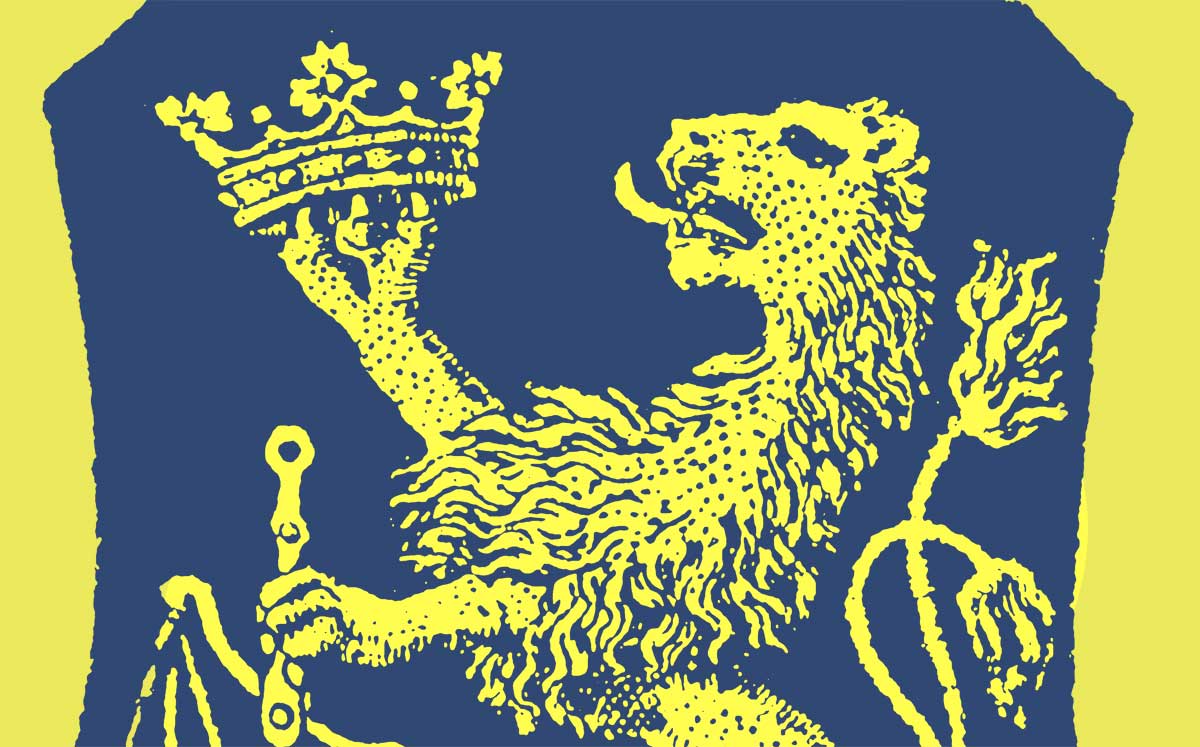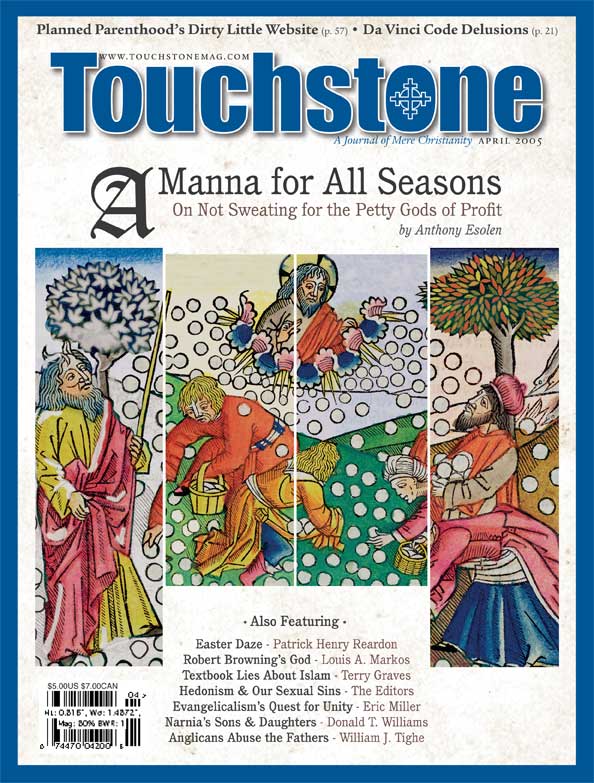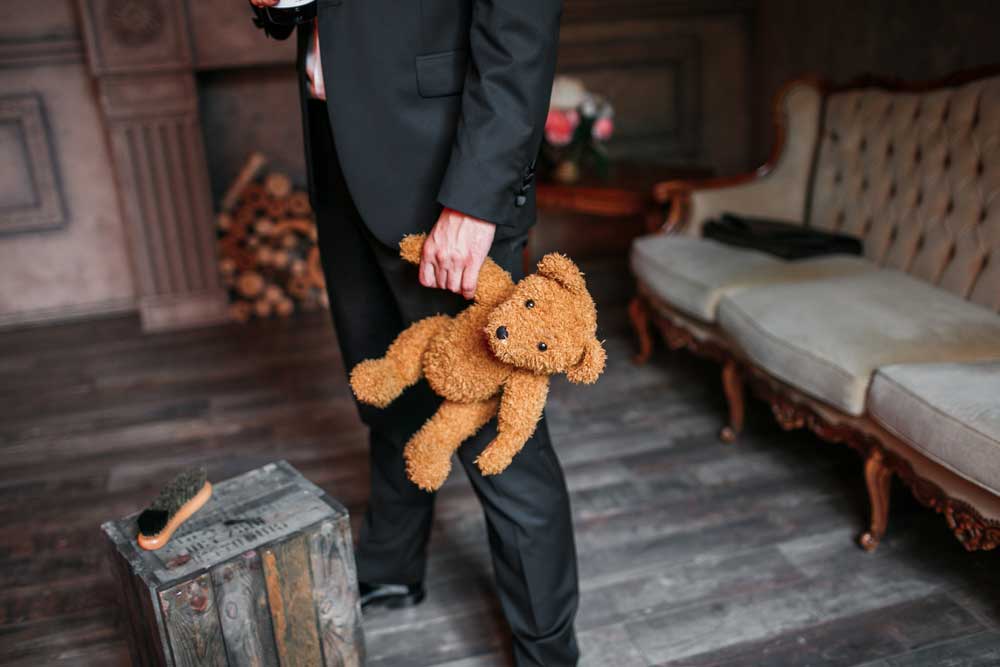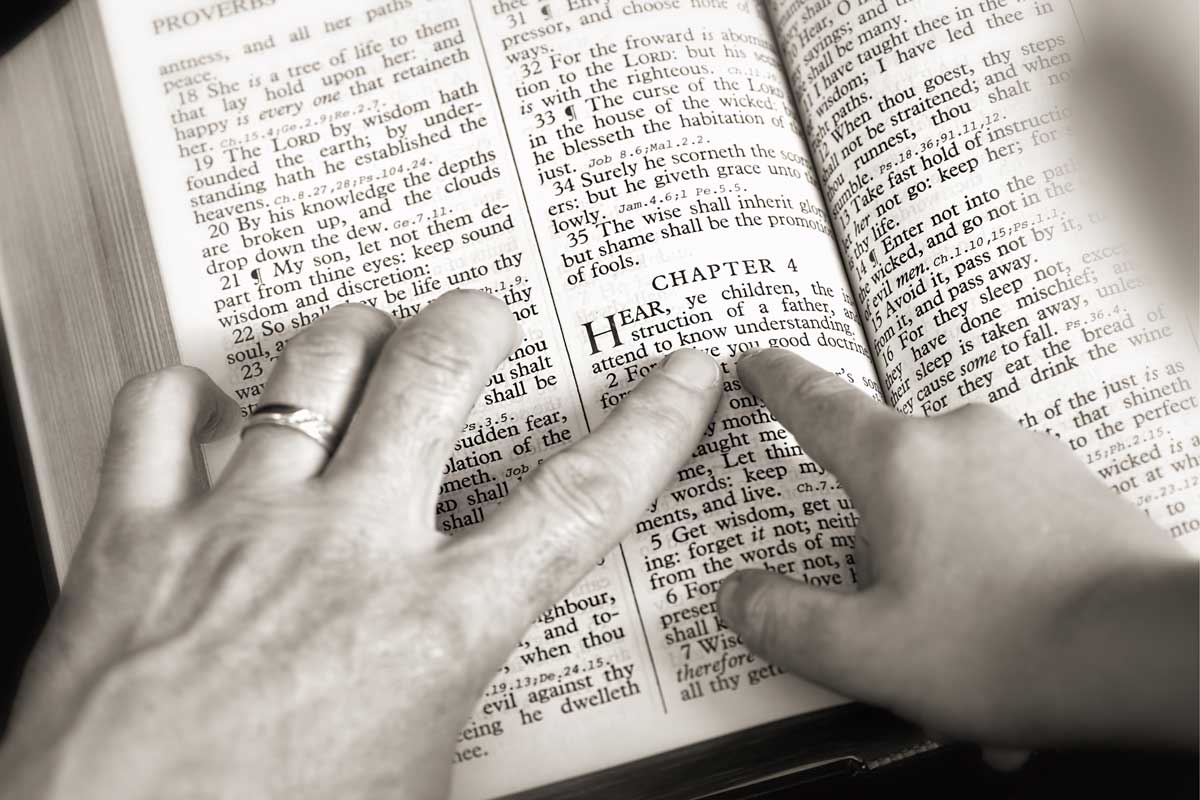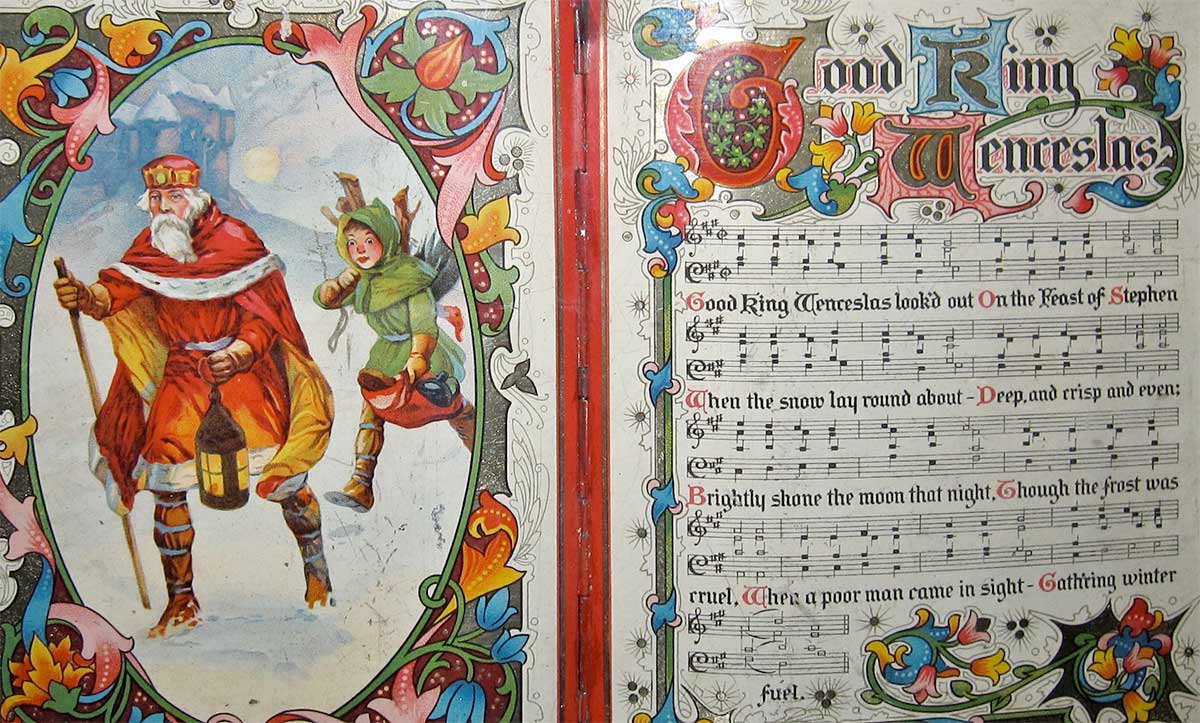View
Lions of Succession
Donald T. Williams on Being a Free Narnian & the Joy of Subordination
Few traditional concepts are more foreign to the modern (or postmodern) man than that of hierarchy, or right order. Having lost the concept of a divinely articulated and structured creation, our contemporaries are left facing a world they can only understand as arbitrary. Therefore, they cannot distinguish authority from mere power, vocation from mere opportunity, proclamation from propaganda, parental authority from mere selfishness, male headship from male domination. More importantly, they have lost the ability even to imagine that there is any difference between these things, or that hierarchy may be necessary to human flourishing.
By rebelling against God, we have corrupted not only ourselves but also the order he designed for the world, so the hierarchy he intended to be harmonious and benevolent is too often actually experienced in a fallen world as discordant, brutal, and oppressive. And this is true among Christians.
That is why our attempts to explain the biblical view of hierarchy not only fall on deaf ears but arouse hostility: We are heard as if we were actually supporting the idea of domination (particularly of men over women). We are heard that way even within the church. But we cannot abandon hierarchy because it has been corrupted; rather, we must seek to restore it by God’s grace so that it works properly again. One way of doing that is to create pictures of what such an order would look like. And some of the most effective pictures ever created are found in C. S. Lewis’s greatest work, The Chronicles of Narnia.
Harmonic Powers
Lewis tried to rehabilitate the concept of hierarchy for modern readers, explaining it in works like Preface to ‘Paradise Lost’ and The Discarded Image, and portraying it positively in his fiction. The universe, the community, or the individual person is in harmony when matter obeys soul and soul obeys Reason, which reflects the mind of God.
Or, to put it another way, as Lewis put the matter in the Space Trilogy, beasts should obey hnau (animals endowed with Reason, like Man, Hross, and Sorn), hnau should obey eldila (something like an angel), eldila should obey their Oyarsa (an archangel), and the oyeresu should obey Maleldil (God). In the real world, this order is reflected on many levels in the divinely constituted order (“the powers that be”) in the state, the church, and the family.
The Chronicles of Narnia abound with portraits of hierarchy in which the proper rule of heads and the proper obedience of subjects are beautiful. We see the responsibility of headship in Reepicheep’s refusal to let Caspian accompany him on his last quest in Voyage of the ‘Dawn Treader’: “You are the king of Narnia. You break faith with all your subjects . . . if you do not return. You shall not please yourself with adventures as if you were a private person.”
We see proper obedience in Trumpkin, who is given an order with which he disagrees in Prince Caspian: “You are my king. I know the difference between giving advice and following orders. You’ve had my advice, and now it’s time for the orders.” And we see these things even in Aslan himself, who obeys the highest nature there is: his own. Jill had asked him in The Lion, the Witch, and the Wardrobe whether he couldn’t bypass the Emperor’s principles. “‘Work against the Emperor’s magic?’ said Aslan, turning to her with something like a frown on his face. And no one ever made that suggestion to him again.”
Aslan’s Talking Beasts contrast both with the dumb beasts of Narnia and with the human children (Sons of Adam and Daughters of Eve) from England who are sent to Narnia by magic to be its Kings and Queens. Narnia functions properly only when human beings rule.
So basic is this principle that even Jadis, the Witch in The Lion, the Witch, and the Wardrobe, must pretend to be human in order to perpetuate her tyranny. “Isn’t the Witch herself human?” the children ask. “She’d like us to believe it,” said Mr. Beaver, “and it’s on that that she bases her claim to be Queen. But she’s no Daughter of Eve.” She is descended from Giant and Jinn and her claim is fraudulent.
Equal Rulers
All right order is perverted when Adam’s descendants do not rule by Aslan’s gift. Because human beings are fallen, their rule does not guarantee right order, as the career of Miraz the Usurper proves. To be human is not necessarily to rule by Aslan’s will. But though not a sufficient condition for right order, being human is a necessary one, emphasized in more than one book. “Narnia was never right except when a son of Adam was King,” as the Badger Trufflehunter says in Prince Caspian.
Thus, even though Narnia is not a land untouched by evil, it sometimes rises in a limited way to a recapturing of the Edenic relationship between Man and Beast pictured and lamented in Perelandra. Frank and Helen, Peter, Edmund, Susan, and Lucy are a picture of Man’s benevolent rule over creation. But they are not a simple picture. Human beings in general are related to Talking Beasts in general as equals, as befits the relationship of hnau to hnau.
“ Why do you keep talking to my horse instead of to me?” asked the girl.
“ Excuse me, Tarkheena,” said Bree (with just the slightest backward tilt of his ears), “but that’s Calormene talk. We’re free Narnians, Hwin and I, and I suppose, if you’re running away to Narnia, you want to be one too. In that case Hwin isn’t your horse any longer. One might just as well say you’re her human.”
All hnau have, in modern terms, equal value as created persons, and hence equal standing and equal rights before the law. But even though the Narnian Talking Beasts are created equal with humans as hnau, and are endowed by their Creator with, as it were, certain inalienable rights, still it is Sons of Adam and Daughters of Eve who belong on the throne, and Narnia only functions properly when the chosen ones are there.
How can humans and Talking Beasts be equal, and yet humans be supposed to rule? That is the critical question for moderns reading the Narnia books. And the answer is a key to many things.
Secular thinking assumes that leadership (one aspect of the richer biblical idea of headship) is a form of superiority, so that subordination necessarily entails inferiority. Hence, Jesus observes that the kings of the Gentiles “lord it over them” and feel justified in doing so. But this secular assumption is simply absent from the biblical mind.
To read the Bible without realizing this is to misread it. Thus, Jesus tells his disciples that they must not be like the Gentiles, but rather that the greatest should be among them as a servant. In the Upper Room, he makes himself an example of this principle, washing the disciples’ feet and then asking them the wonderful Socratic question, “Do you understand what I have done?” They rightly call him Master and Lord, but they will not understand what that means until they learn to follow his example of servant leadership.
Servant Narnians
This watershed of divergent assumptions causes much misunderstanding between the Church and the surrounding society—and increasingly, much misunderstanding even within the Church—especially in the modern West. Secular people, operating according to what we might call the “Gentile paradigm” of leadership described by Jesus, cannot help but perceive the New Testament teaching on male headship as demeaning to women, implying for them a position of inferiority based on an actual assumption of inferiority.
Our denials that this is what the Bible means, or what we mean, simply fail to register; there is no sticking place for such an idea in the secular mind. (For a refreshing exposition of the biblical alternative, see the book edited by John Piper & Wayne Grudem, Recovering Biblical Manhood and Womanhood.) But one who truly understands the biblical ethos realizes that it need not be so, indeed must not be so if we are to be faithful to the teaching and example of our Lord.
We are all free Narnians, in other words, and those to whom the burden of headship is given must not forget it. They are called to be servants and must not claim superiority. “For this is what it means to be a king,” says Lune in The Horse and His Boy: “To be first in every desperate attack and last in every desperate retreat, and when there’s hunger in the land (as must be now and then in bad years) to wear finer clothes and laugh louder over a scantier meal than any man in your land.”
Among King Frank’s qualifications for the job is his humility: “I ain’t no sort of chap for a job like that.” His lack of “eddycation” is no disbarment. What Aslan really wants to know is, “Can you rule these creatures kindly and fairly, remembering that they are not slaves like the dumb beasts of the world you were born in, but Talking Beasts and free subjects?”
So it is in our world, too, as Scripture and Christian tradition present it: Parents and children, pastors and people, men and wives are equal in value and standing but different in calling. For husbands in the home, parents with their children, and elders in the Church, Scripture teaches not the Gentile paradigm of leadership with sword and scepter, but the Christian paradigm of headship with towel and basin. As we live out the wisdom of our tradition, we will be able to say with Tirian, “This is my password: The light is dawning, the lie broken!”
Donald T. Williams is Professor Emeritus of Toccoa Falls College. He stays permanently camped out on the borders between serious scholarship and pastoral ministry, between theology and literature, and between Narnia and Middle-Earth. He is the author of fourteen books, including Answers from Aslan: The Enduring Apologetics of C. S. Lewis (DeWard, 2023). He is a contributing editor of Touchstone.
subscription options
Order
Print/Online Subscription

Get six issues (one year) of Touchstone PLUS full online access including pdf downloads for only $39.95. That's only $3.34 per month!
Order
Online Only
Subscription

Get a one-year full-access subscription to the Touchstone online archives for only $19.95. That's only $1.66 per month!
bulk subscriptions
Order Touchstone subscriptions in bulk and save $10 per sub! Each subscription includes 6 issues of Touchstone plus full online access to touchstonemag.com—including archives, videos, and pdf downloads of recent issues for only $29.95 each! Great for churches or study groups.
Transactions will be processed on a secure server.
more on C. S. Lewis from the online archives
more from the online archives
calling all readers
Please Donate
"There are magazines worth reading but few worth saving . . . Touchstone is just such a magazine."
—Alice von Hildebrand
"Here we do not concede one square millimeter of territory to falsehood, folly, contemporary sentimentality, or fashion. We speak the truth, and let God be our judge. . . . Touchstone is the one committedly Christian conservative journal."
—Anthony Esolen, Touchstone senior editor





